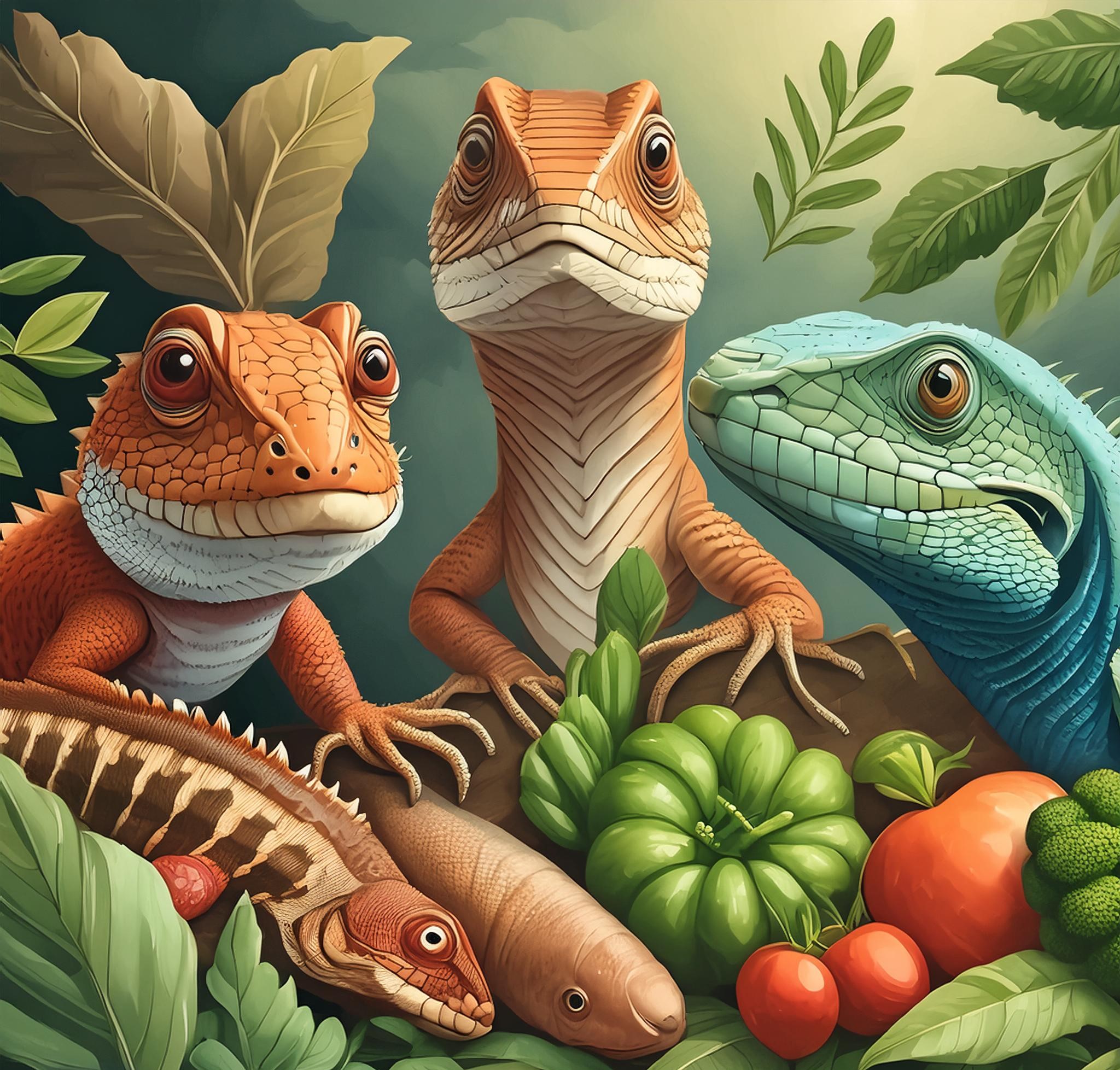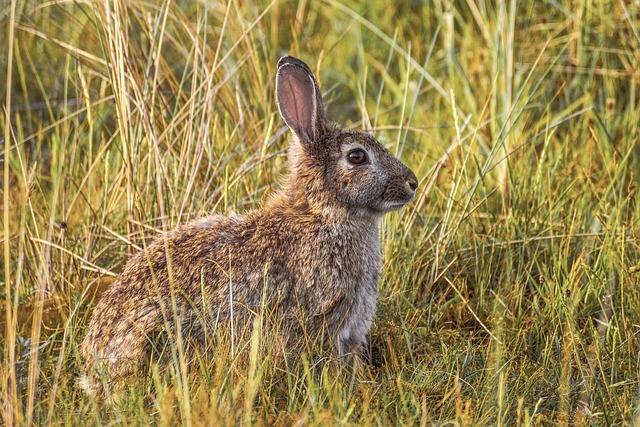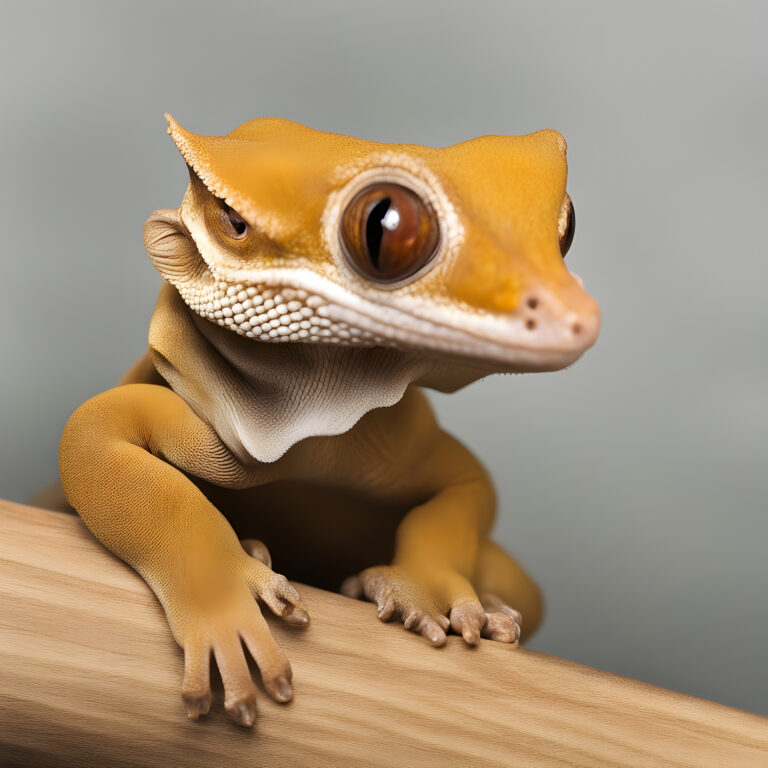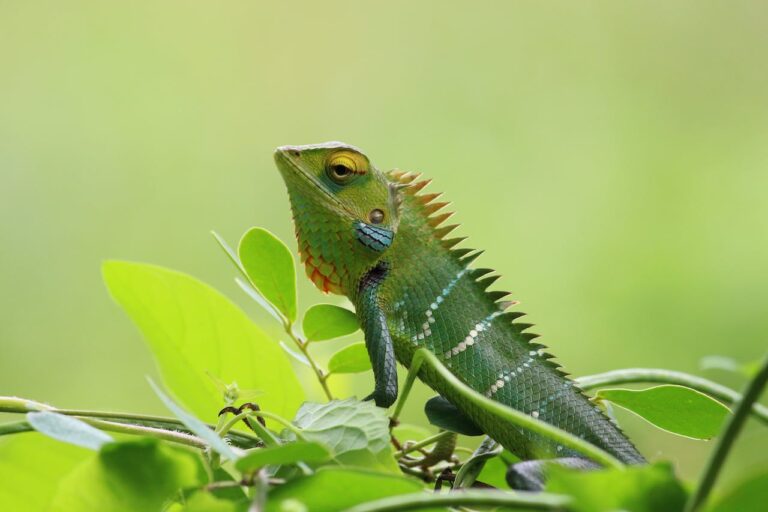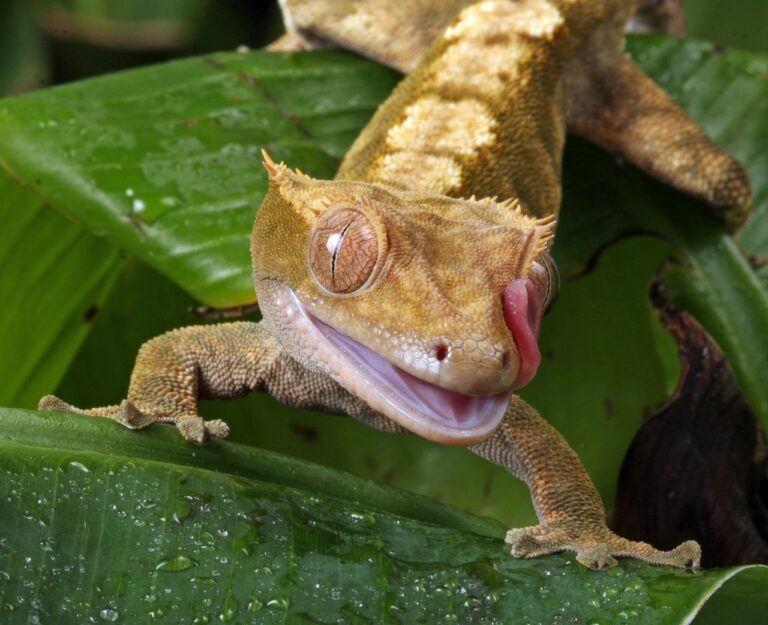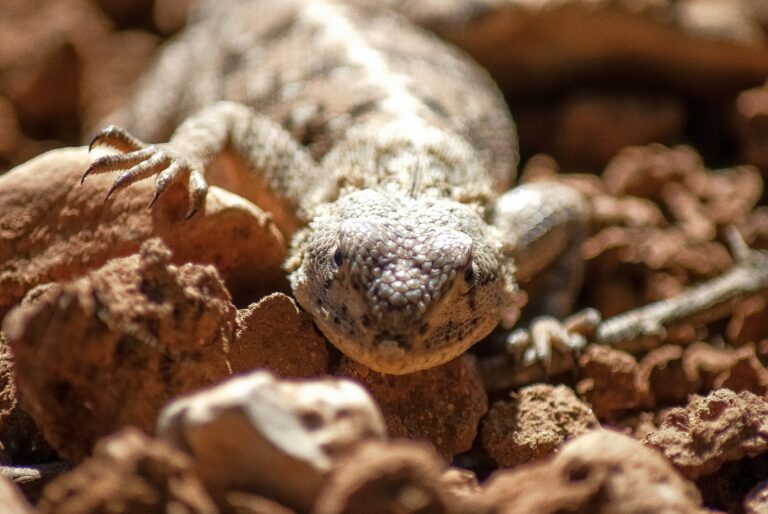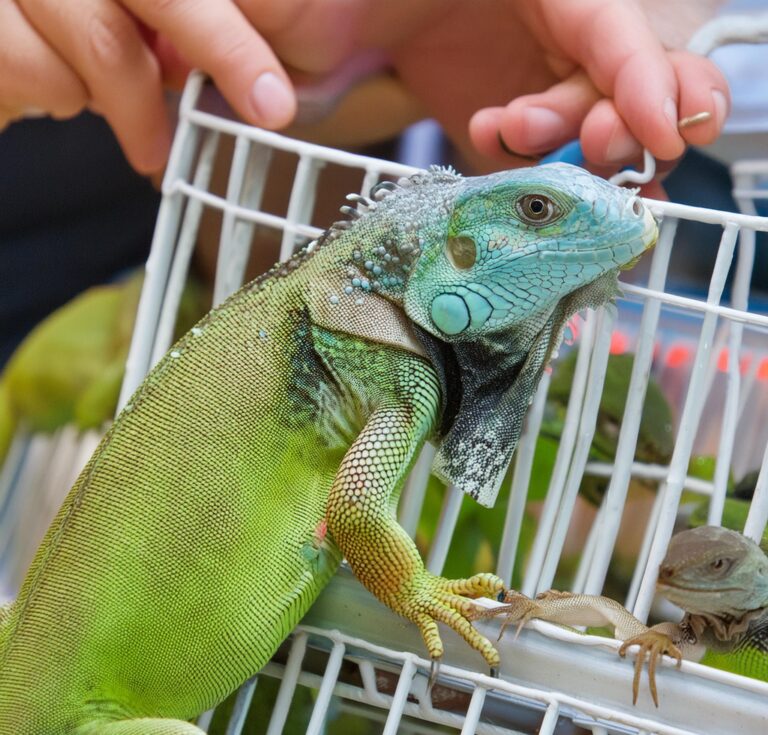Nutritional Needs of Herbivorous, Omnivorous, and Carnivorous Reptiles
Reptiles are fascinating creatures with diverse dietary requirements. Understanding the nutritional needs of different types of reptiles is essential for their overall health and wellbeing. In this article, we explore the distinct dietary requirements of herbivorous, omnivorous, and carnivorous reptiles.
Understanding the Different Types of Reptiles
Reptiles can be classified into three main categories based on their dietary preferences: herbivorous, omnivorous, and carnivorous. Each category has specific nutritional needs that must be met to ensure the reptile’s optimal health.
Herbivorous Reptiles
Herbivorous reptiles, such as tortoises and iguanas, primarily consume plant matter. Their diets are rich in foliage, fruits, and vegetables, providing them with essential vitamins, minerals, and fiber. These reptiles have specialized digestive systems that allow them to efficiently process and extract nutrients from plant material.
Omnivorous Reptiles
Omnivorous reptiles, like certain species of turtles and lizards, have a more varied diet. They consume both plant material and small animal prey. Their meals consist of leafy greens, fruits, insects, and, in some cases, other small vertebrates. This diverse diet allows them to obtain a wide range of nutrients necessary for their overall health and wellbeing.
Carnivorous Reptiles
Carnivorous reptiles, such as snakes and crocodiles, rely solely on a diet of meat. They are specialized hunters and feed on rodents, fish, birds, and other reptiles. Protein and fat play a crucial role in their diet to meet their energy needs. These reptiles have evolved to digest and absorb nutrients from animal tissue efficiently.
Nutritional Needs of Herbivorous Reptiles
Herbivorous reptiles have specific nutritional requirements that differ from their omnivorous and carnivorous counterparts. These reptiles rely on plant-based foods to meet their dietary needs.
Recommended Diet for Herbivorous Reptiles
A healthy diet for herbivorous reptiles should consist of a variety of leafy greens, vegetables, and fruits. Leafy greens, such as kale, collard greens, and dandelion greens, are excellent sources of essential vitamins and minerals. Vegetables like carrots, bell peppers, and squash provide additional nutrients and variety to their diet. Fruits, such as berries and melons, can be offered as occasional treats due to their higher sugar content.
Common Mistakes to Avoid When Feeding Herbivorous Reptiles
One common mistake reptile owners make when feeding herbivorous reptiles is offering a limited variety of foods. It is important to provide a diverse range of plant-based options to ensure they receive all the necessary nutrients. Additionally, overfeeding can lead to obesity and other health issues. Portion control is essential to maintain a healthy weight for herbivorous reptiles.
Nutritional Needs of Omnivorous Reptiles
Omnivorous reptiles have a more flexible diet, incorporating both plant material and small animal prey. They require a balance of plant-based and animal-based foods to thrive.
Recommended Diet for Omnivorous Reptiles
A balanced diet for omnivorous reptiles should include a mix of leafy greens, vegetables, fruits, insects, and occasional small vertebrates. Leafy greens and vegetables provide essential vitamins and minerals, while fruits offer natural sugars and additional nutrients. Insects, such as crickets and mealworms, are excellent sources of protein. Small vertebrates, like pinky mice or feeder fish, can be offered sparingly to provide additional variety.

Common Mistakes to Avoid When Feeding Omnivorous Reptiles
One common mistake when feeding omnivorous reptiles is relying too heavily on one food source. It is crucial to provide a diverse range of plant and animal options to ensure they receive a well-rounded diet. Additionally, overfeeding on animal proteins can lead to obesity and other health problems. Portion control and moderation are key when offering animal-based foods to omnivorous reptiles.
Nutritional Needs of Carnivorous Reptiles
Carnivorous reptiles have specialized dietary requirements that revolve around consuming meat as their sole source of nutrition.
Recommended Diet for Carnivorous Reptiles
A proper diet for carnivorous reptiles should consist of a variety of prey items that mimic their natural diet in the wild. This includes rodents, fish, birds, and other reptiles. It is important to offer a variety of prey species to ensure they receive a diverse range of nutrients. Feeder rodents, such as mice and rats, should be appropriately sized to prevent choking hazards.
Common Mistakes to Avoid When Feeding Carnivorous Reptiles
One common mistake when feeding carnivorous reptiles is offering prey that is too large or too small for them to consume. It is essential to provide appropriately sized prey items to prevent choking or digestive issues. Additionally, some reptile owners may overlook the need for dietary variety, which can lead to nutrient deficiencies. Offering a range of prey species is crucial to ensure they receive all the necessary nutrients.
Conclusion
Understanding the specific dietary requirements of herbivorous, omnivorous, and carnivorous reptiles is vital for ensuring their nutritional needs are met and promoting their overall health and longevity. By providing a balanced and varied diet that matches their natural feeding habits, reptile owners can help their pets thrive. Whether it’s a tortoise munching on leafy greens, a turtle enjoying a tasty insect, or a snake devouring its prey, meeting the nutritional needs of reptiles is an important aspect of responsible pet ownership.
